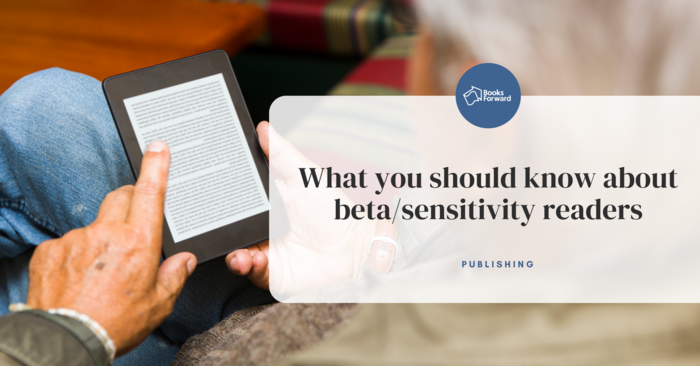What are beta readers?
Did you know that rom-com classics like Pretty in Pink (1986), My Best Friend’s Wedding (1997) and Scott Pilgrim vs the World (2010) originally had very different endings? After audiences reacted negatively to the endings in test screenings, the scripts were reworked to have the endings we know today.
Just as test audiences preview films prior to release and relay critical viewer feedback, beta readers do the same for books. These unsung heroes read manuscripts prior to publication, providing their honest opinions. And they often do it entirely for free.
Acting as a general audience, beta readers typically focus on:
- the likeability/believability of characters
- the tone and pacing of key scenes
- the believability of the plot (keeping an eye out for plot holes)
- their emotional responses and gut reactions to specific scenes and the book as a whole
How can I connect with them?
Finding beta readers–especially those willing to read for free–can be challenging. It’s best not to rely on your friends or your writing colleagues, but to seek out readers who will be unbiased in their feedback. You can try networking with readers by using the #betareaders hashtag on Twitter or posting on the r/betareaders subreddit, offering your manuscript to interested readers.
If you aren’t on social media or want to expedite the process, you can pay for beta reading services. Just be sure to research various options so you can make the best decision for your book and your wallet.
How do I work with beta readers?
Once you’ve found beta readers interested in your work, it’s important to provide them with everything they need to succeed. Help them help you!
You should:
- Offer your manuscript in various formats (.mobi, .epub, print)
- Provide realistic deadlines for their feedback
- Ask specific questions that you want them to focus on (without trying to control their responses)
- Be open to criticism
- Compare notes from all readers before making changes to your manuscript
How do sensitivity readers (SRs) differ from beta readers (BRs)?
Sensitivity readers take a more specific approach to reading than beta readers. SRs often focus on how markers of identity and lived experience such as race, culture, religion, gender, sexuality and disability play a role in a book and influence its characters. Most authors think SRs eliminate stereotypes in books. While that’s part of what they do, they ultimately help authors create realistic characters that readers can relate to, believe in, and stick with. SRs are almost always paid, given the level of niche expertise and focused feedback that they provide.
Some beta readers may touch on aspects of identity and other sensitive topics in their feedback. Still, depending on the book, it can be worthwhile to seek out a professional opinion from a sensitivity reader as well.
Just like with beta readers, it’s important for authors to be open to criticism when working with sensitivity readers. Take all feedback to heart and use it as a learning experience. Remember that it’s not possible to be an expert in everything, and the best authors enlist lots of help throughout the writing process!

Jackie Karneth is a publicist with Books Forward is an author publicity and book marketing firm committed to promoting voices from a diverse variety of communities. From book reviews and author events, to social media and digital marketing, we help authors find success and connect with readers.
Interested in what’s possible for your book sales and building readership? Check out our services, tell us your goals, and get a customized publicity campaign tailored just for you.


